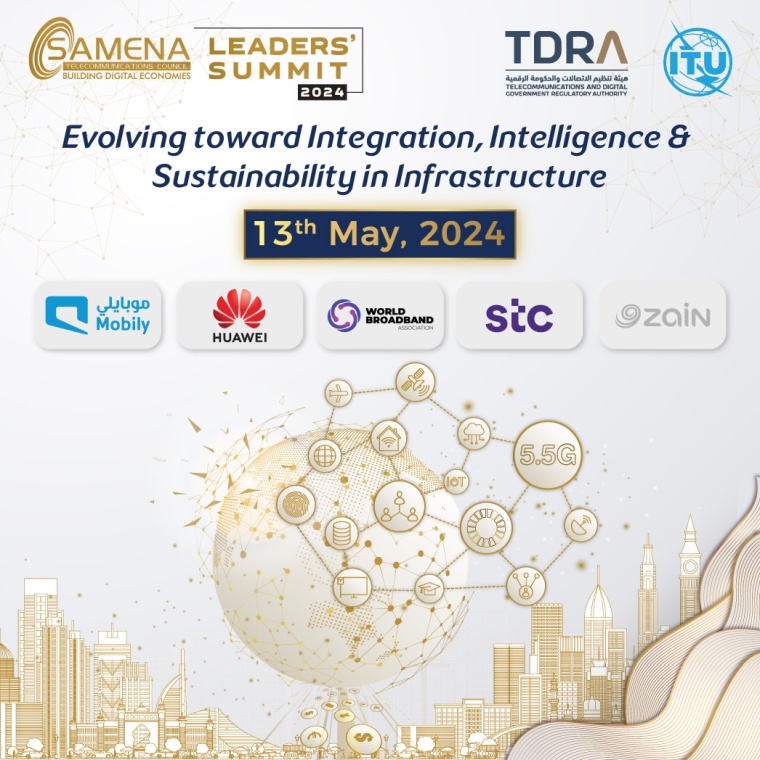The government of the Democratic Republic of Congo has imposed an Internet blackout on the country for a third straight day as protesters kept up pressure on President Joseph Kabila.
The government late Monday ordered telecommunications companies to sever all Internet and short-message services, after antigovernment protests spread from the capital Kinshasa to the restive eastern Kivu provinces.
At least 15 people have been killed since the protests erupted, said Information Minister Lambert Mende, who said most of the dead were looters. But the International Federation for Human Rights on Thursday put the number of the dead at 42. Mr. Mende disputed that figure.
Meanwhile, police backed by troops battled protesters in the eastern city of Goma. The protests aim to stop the country’s Senate from passing legislation that would require a national census in the continent’s top copper producer before the next national elections. Such a move could extend the president’s time in power beyond his constitutionally mandated two, five-year terms. Mr. Kabila’s second term expires in 2016.
Critics say it could take years to put together census to cover a country the size of Western Europe. The government insists a census could be completed within a year.
Mr. Kabila, in power since 2001, has struggled to assert state authority in vast areas of his country. His credibility has suffered after a flawed 2011 vote, which kept him in power, and rebel-led attacks, which have exposed weaknesses in the national army.
Analysts warn that his potential ouster risks plunging the country into even deeper turmoil.
“Any elite move to displace Kabila could unleash unpredictable political and social forces,” U.K.-based consultancy Oxford Analytica said in a note this week. “The country is ill-prepared to manage these peacefully.”
The government’s decision to respond to the unrest by shutting down access to the Internet reflects its growing unease over the political situation. The drastic step offered a reminder of the challenges telecom companies face even as they step up efforts to do business in the mineral-rich but chaotic nation.
“We do not know at this stage when Internet services will be restored,” said Julian Eccles, spokesman for Luxembourg-based Millicom International , one of the telecom operators in the country.
Richard Boorman, the spokesman for South Africa-based Vodacom Group Ltd. the largest telecom company in the country by subscription, said the move was taking a toll on the company’s operations.
Millicom and Vodacom said they couldn’t immediately reveal losses suffered as a result of the shutdown. India-based Bharti Airtel , the other main operator, didn’t immediately return calls and emails seeking comment.
Some countries in the region—including Uganda and Sudan—have restricted Internet access in recent years, targeting mainly popular social-media sites such as Facebook and Twitter . In doing so, authorities try to prevent opposition groups from mobilizing large numbers of people. Social-media sites have in the past played an important role in popular uprisings and protests in the Middle East and recently Hong Kong.
The country’s decision to choke off Internet access entirely is unusual. Since Tuesday, voice rather than data has been Congo’s main mode of communication. Following the move, the protests have been more sporadic and less organized compared with earlier demonstrations, said government officials and witnesses.
The United Nations, which has the largest contingent of peacekeeping troops in the country, has urged respect for civil liberties and for the government to restore Internet services.
Mr. Mende said Internet access would be restored soon, adding that the security situation was returning to normal.
